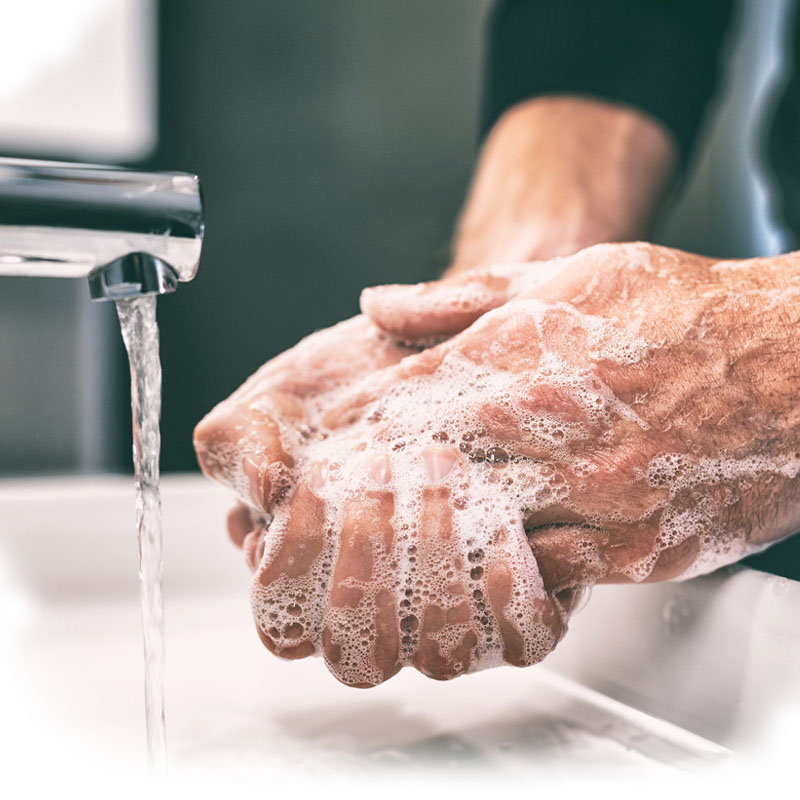Exposure to germs and viruses is not uncommon in the human society. People living with HIV stand a higher risk of infection if the route of transmission is more prevalent in the community, for example sexual contacts for sexually transmitted infections (STI). Because of the immune deficiency caused by HIV, there is also a higher probability of severe disease following infections which are otherwise mild in healthy adults.
The main infections that pose risk to people living with HIV are: (1) opportunistic infections, (2) airway infections, (3) sexually transmitted infections (STI) and (4) viral hepatitis。Vaccination is available to protect from some of the infections, for example, influenza, COVID-19, hepatitis A and B. Prophylactic use of antimicrobial agents is indicated if a person's risk to some specific infection like TB and PCP is higher. Early diagnosis and treatment through regular screening may also be considered as a precautionary measure against STI.
General protective measures are also important, which should not be ignored. These include practicing protective sex, attention to food and water hygiene, and social distancing for protecting against airway infections.

